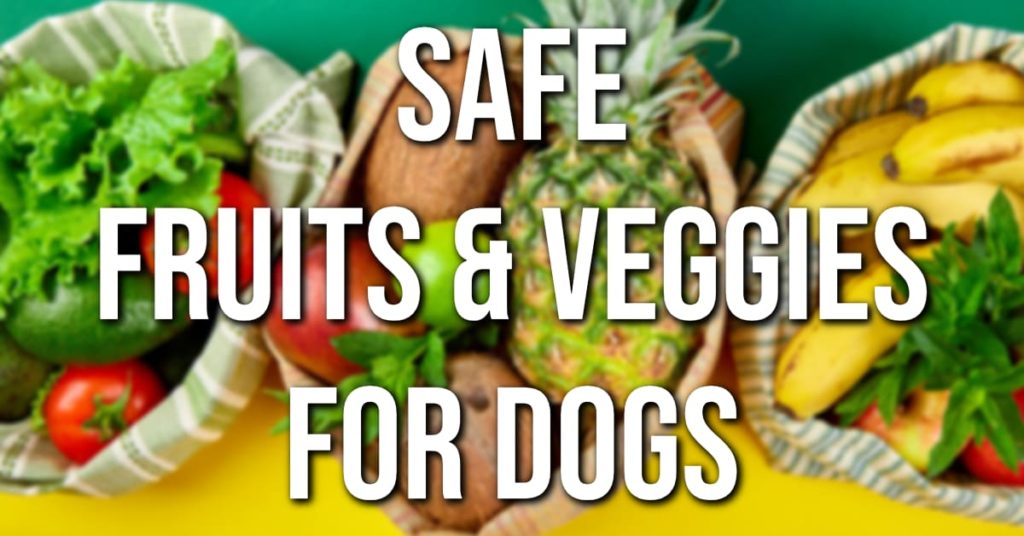
Fruits and vegetables are an essential part of the human diet.
However, while some fruits and vegetables are perfectly safe for dogs to consume, others may be toxic to dogs!
So, it is always safe to know which veggies and fruits should be kept away from your dog’s reach and which ones you don’t have to worry about.
In this blog post, I’ll share a few fruits and vegetable dogs can eat.
So, without further ado, let’s begin!
Human Fruits and Vegetable Safe for Your Dog to Eat!

In this section of the blog post, I would like to share the fruits and vegetables that are perfectly safe for your dog to eat.
Let’s begin
Apples:
Unseeded apples are perfectly safe for your furry to eat as an occasional snack!

Bananas:
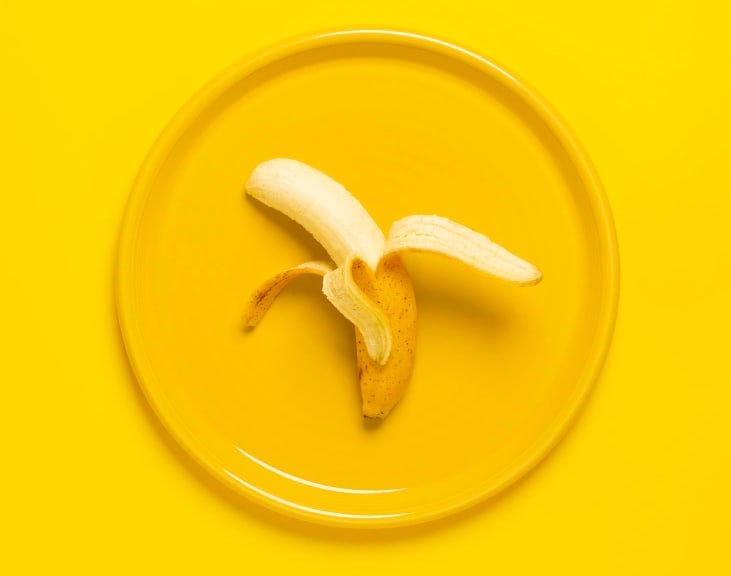
In moderation, bananas are perfectly safe for your dog to consume and are a good low-calorie treat. Bananas are low in cholesterol and high in vitamins, potassium, fiber, biotin, and copper.
Blueberries:
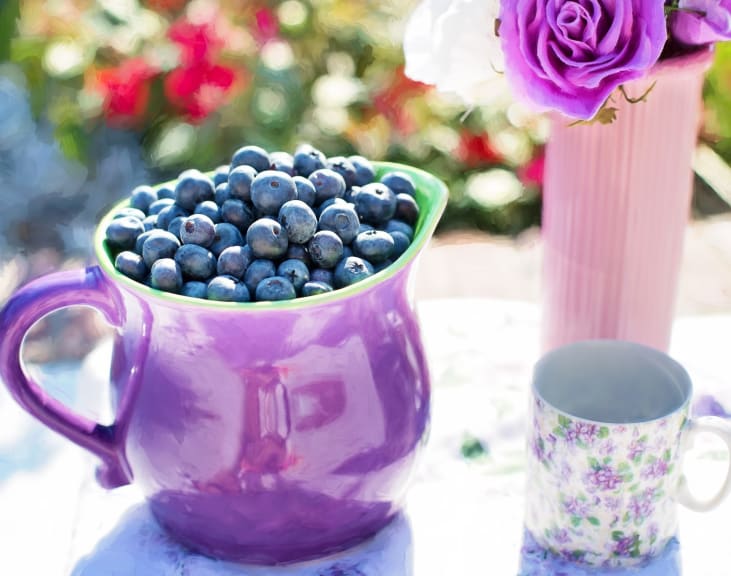
Superfood blueberries are safe for your dog to snack on. Rich in antioxidants, they give a boost to your dog’s immune system.
Broccoli:
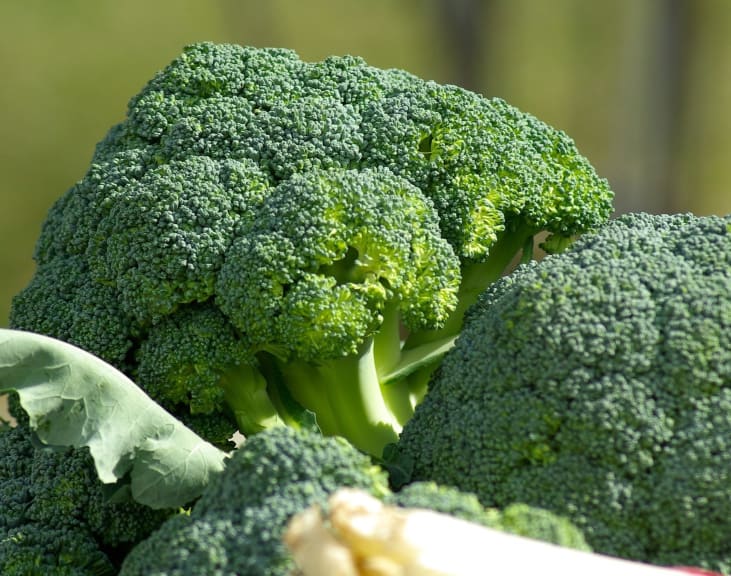
In small quantities and as an occasional treat, broccoli is completely safe for your dog to consume. This vegetable is high in Vitamin C, fiber, and low in fat.
Brussel Sprouts:
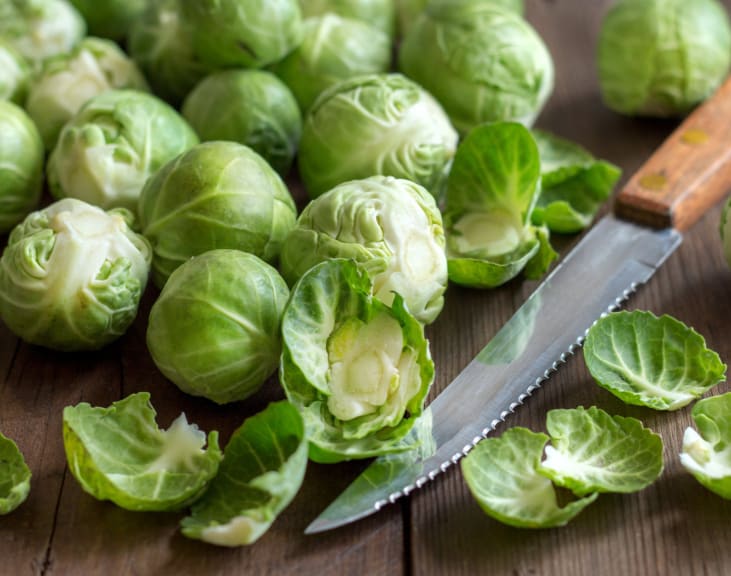
Loaded with nutrients and antioxidants, Brussels sprouts are completely safe for your dog to eat. However, large quantities may cause your dog to have gas.
Cantaloupe:
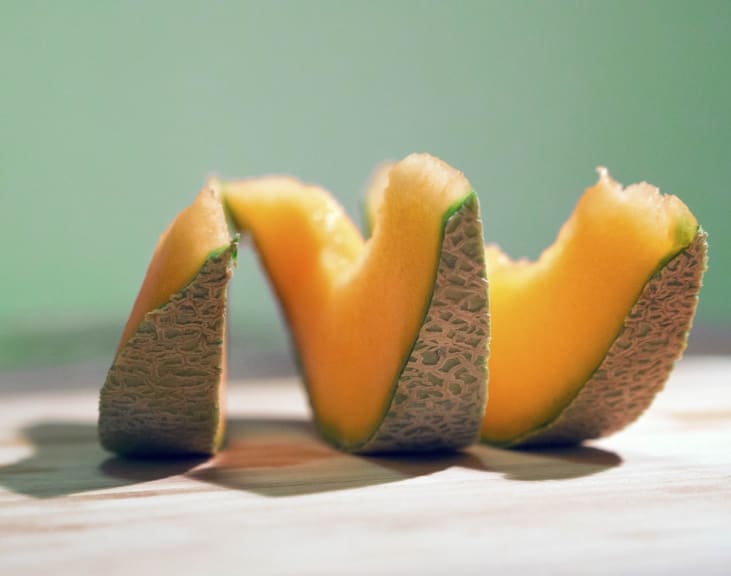
Packed with micronutrients, cantaloupes are safe for your dog to consume. However, they are high in sugar and must be fed in moderation.
Carrots:
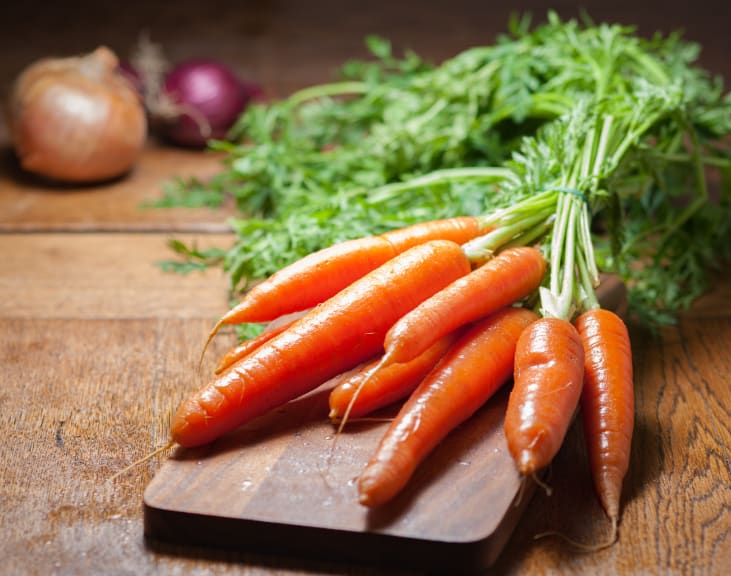
Carrots are a safe low-calorie snack for dogs and are rich in fiber and Vitamin A.
Celery:
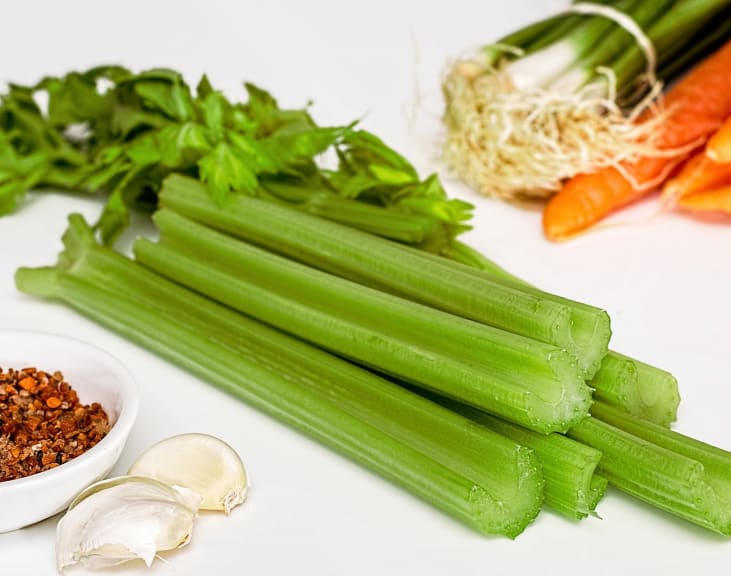
Celery is rich in Vitamins A, B, and C. It also contains micronutrients that promote a healthy heart and help fight cancer.
Cranberries:
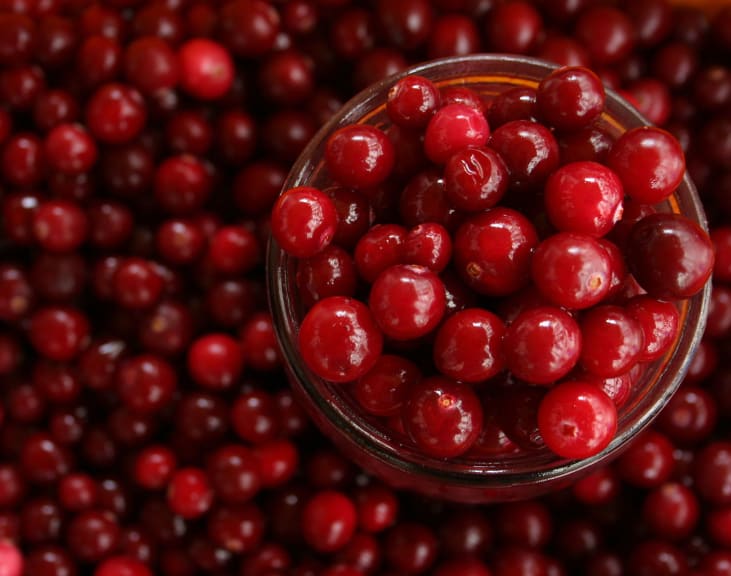
Cranberries are safe for dogs to eat. But, they should be fed to dogs in moderation as they can cause an upset stomach.
Cucumbers:

Loaded with Vitamins C, K, and B1, cucumbers are a healthy snack for dogs as they are low in calories.
Green Beans:

Loaded with fiber and low in caloric value, Green beans are safe for dogs to eat but, they should be plain and unsalted.
Mango:

Mangos are perfectly safe for dogs to consume and contain Vitamins E, A, C, and B6. Remember to remove the pit as your dog may choke on it.
Oranges:

Oranges are an excellent source of Potassium, fiber, and Vitamin C. In small quantities, they are a healthy treat for your doggy.
Peaches:
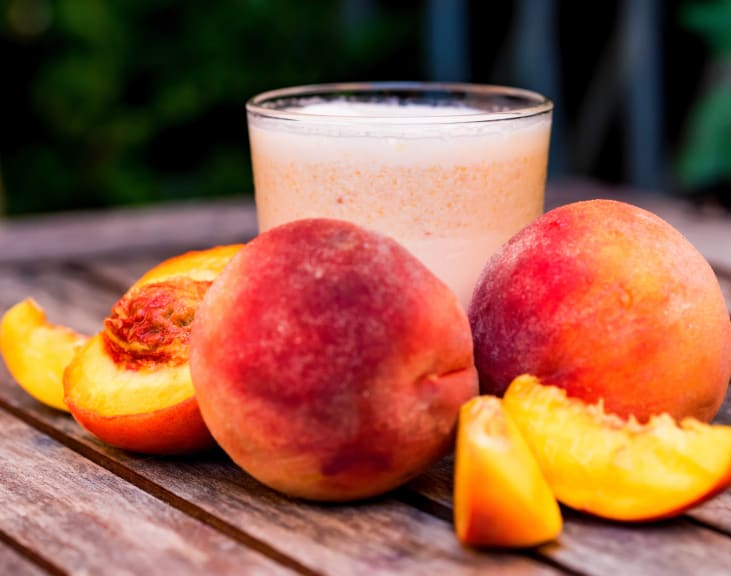
Peaches are safe for dogs and are rich in Vitamin A and fiber. Just remember to remove the pit before feeding it to your doggy. Avoid canned peaches at all costs.
Pears:
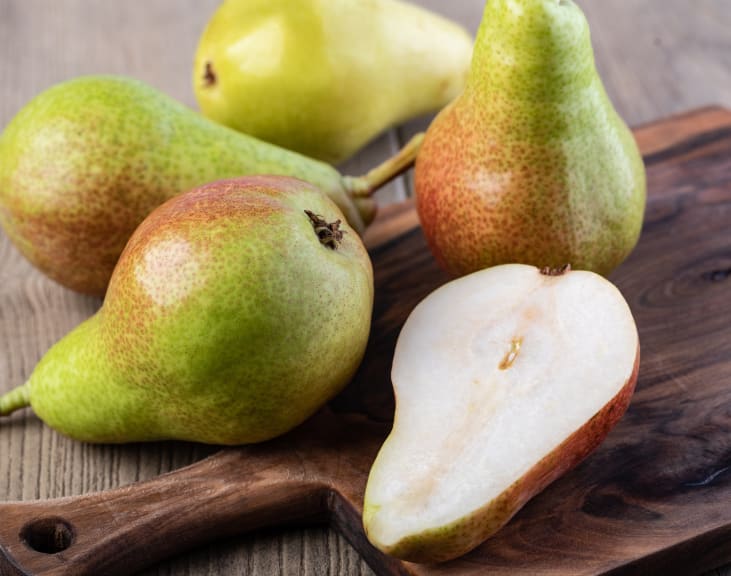
Pears are rich in vitamins C, copper, and fiber are safe for dogs.
Peas:
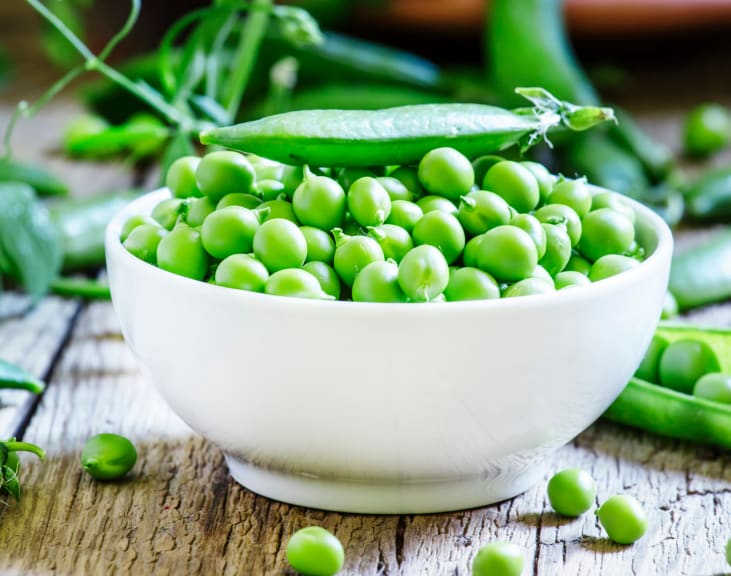
Rich in micronutrients and proteins, peas are safe for your dog to consume
Pineapple:

Pineapple is okay as an occasional treat. The prickly portion must be removed before feeding it to your dog.
Potatoes:

Occasionally feeding your dog cooked and plain potatoes won’t do harm.
Raspberries:
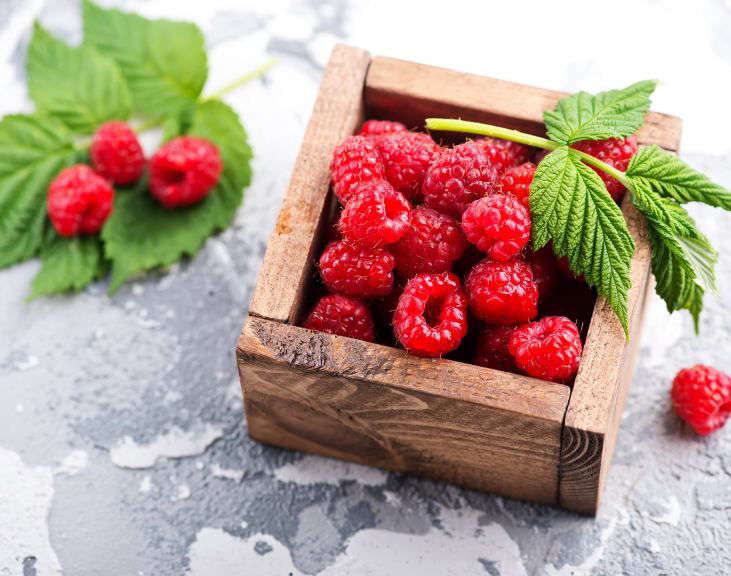
Giving your dog raspberries is fine in moderation and are good sources of antioxidants.
Strawberries:

Rich in fiber and Vitamin C, strawberries are an excellent occasional treat for your doggy.
Spinach:

Spinach is safe for your dog to consume but, in moderate quantities and as an occasional treat.
Sweet Potatoes:
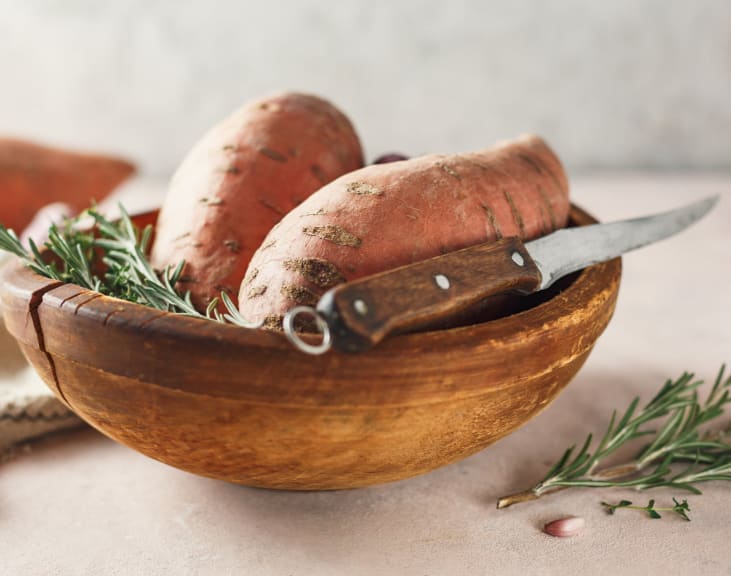
A good source of fiber and rich in Vitamins C and B-6, sweet potatoes are safe for your dog to consume.
Watermelon:

You must remove the seeds of watermelons before feeding it to your dog as they might cause intestinal blockage. But, watermelon is safe for your dog.
Final Words
It is always a good idea to look up any food item before you feed it to your dog because one innocent mistake can cause your dog to pay a hefty price.
Dogs don’t know what’s safe for them and what isn’t so, it is our duty to make sure we provide our furry friends with only the best and keep toxic food items as far away as possible from them.
In this blog post, I shared food items that are safe for your dog to consume.
I hope I was able to answer all of your questions. If not, let me know in the comments section, and I’ll get back to you as soon as possible!

